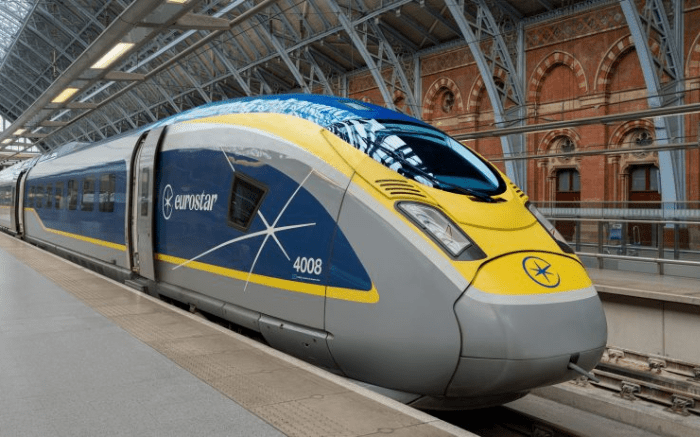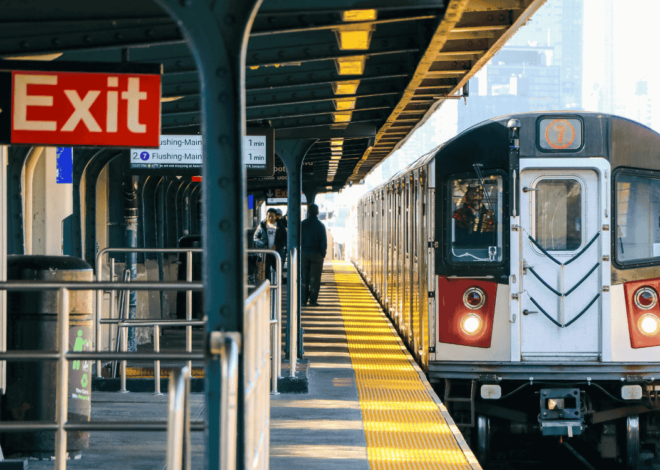
Europe on a Budget: Unleash the Power of Cheap Train Tickets
Exploring Europe is a dream for many travelers, but the perception of it being an expensive destination often deters budget-conscious adventurers. However, with the extensive network of trains crisscrossing the continent, experiencing Europe need not break the bank. The key lies in understanding how to leverage cheap train tickets to navigate Europe economically while soaking in its rich cultural tapestry. Let’s delve into the art of budget-friendly train travel across Europe.
Understanding the European Rail Network:

Europe boasts one of the most efficient and expansive rail networks globally, connecting major cities, quaint towns, and scenic landscapes. Companies like Eurostar, TGV, Deutsche Bahn, and Renfe operate high-speed trains that zip across borders, making travel between countries seamless. Additionally, regional and local trains offer slower but more economical options, perfect for budget travelers.
The Magic of Rail Passes:
For those planning an extended European adventure, rail passes can be a game-changer. Options like the Eurail Pass and Interrail Pass offer unlimited travel within a set timeframe across multiple countries. These passes provide flexibility and cost-effectiveness, especially for travelers hopping between different cities and countries frequently. However, they require careful planning to maximize value.
Booking Strategies for Cheap Tickets:
Book in Advance: Securing train tickets early often comes with significant discounts. Websites like Trainline, Omio, and official railway company sites allow travelers to book tickets well in advance, sometimes offering deals months ahead of the travel date.
Flexibility is Key: Traveling during off-peak hours, such as midweek or late evenings, can yield cheaper ticket prices. Additionally, being open to alternative routes or slightly longer travel times can lead to substantial savings.
Utilize Railcards and Discounts: Many European countries offer railcards for specific demographics like youths, seniors, or families, providing discounted fares. Moreover, student IDs or memberships to certain organizations might unlock additional savings.
Explore Budget Train Operators: While high-speed trains offer convenience, budget operators like FlixBus and RegioJet offer competitive fares, especially for shorter journeys or routes less traveled.
Consider Second-Class Tickets: While first-class travel offers luxury amenities, second-class tickets are often significantly cheaper and provide a comfortable travel experience, nonetheless.
Planning Economical Routes:
When mapping out your European itinerary, consider the following tips to keep costs down:
Regional vs. Inter-city Travel: Opt for regional trains for shorter distances between nearby cities or towns, as they tend to be more economical compared to high-speed inter-city routes.
City-Hopping: Explore regions with multiple interesting cities clustered closely together, allowing you to minimize travel expenses while maximizing sightseeing opportunities.
Stay in Central Locations: Choose accommodation strategically located near major train stations or transportation hubs, reducing the need for additional transportation costs.
Maximizing Value with Stopovers
Instead of rushing from one destination to the next, consider incorporating stopovers along your journey. Not only does this break up long travel days, but it also allows you to explore hidden gems and lesser-known towns without straining your budget. Many European cities offer luggage storage facilities at train stations, enabling you to wander freely without the burden of heavy bags.
Cultural Immersion on a Budget:
Budget-friendly travel doesn’t mean missing out on authentic cultural experiences. In fact, traveling economically often brings you closer to local life. Embrace street food markets, picnic in picturesque parks, and seek out free or low-cost cultural attractions such as museums with discounted admission days or walking tours led by knowledgeable locals.
Sustainable Travel Practices:
As conscious travelers, it’s essential to minimize our environmental footprint. Opting for train travel over air transport significantly reduces carbon emissions. Additionally, many European railways are investing in eco-friendly initiatives, such as utilizing renewable energy sources and implementing waste reduction measures, further aligning with sustainable travel goals.
Conclusion:
Embarking on a budget-friendly European adventure doesn’t mean sacrificing comfort or missing out on iconic experiences. By leveraging cheap train tickets, planning strategically, and embracing the ethos of slow travel, you can immerse yourself in Europe’s rich tapestry of culture, history, and natural beauty without breaking the bank. So, pack your bags, hop aboard, and let the journey unfold, one budget-friendly train ride at a time. Europe awaits, ready to be explored by the savvy and thrifty traveler.








